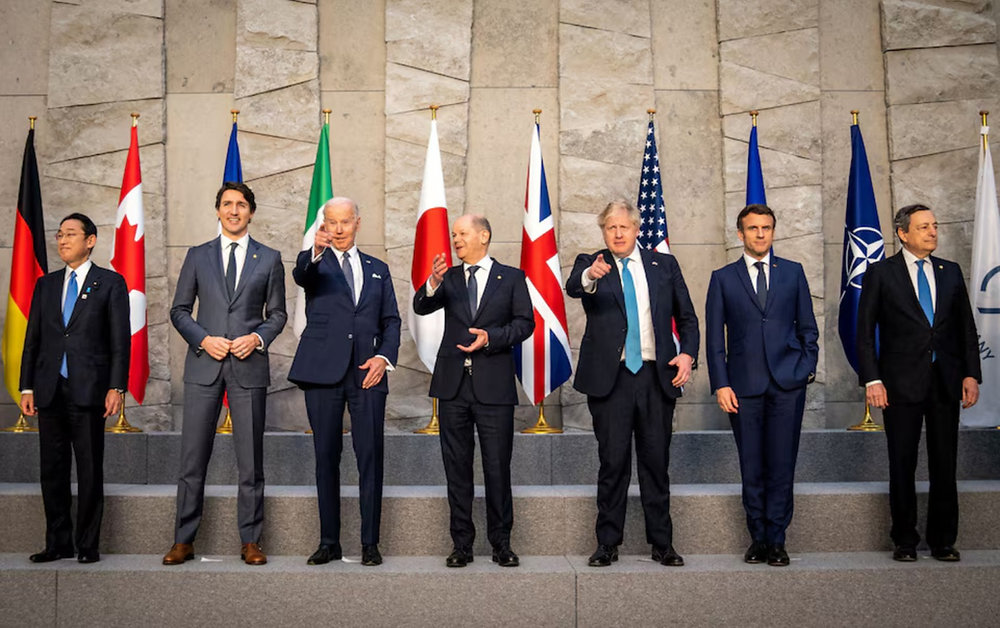Physical Address
304 North Cardinal St.
Dorchester Center, MA 02124
Physical Address
304 North Cardinal St.
Dorchester Center, MA 02124

The G7 Summit 2025, hosted this year in Apulia, Italy, brought together leaders of the world’s most advanced economies at a time when the globe faces intensifying climate challenges, the rapid rise of artificial intelligence, and deepening geopolitical rifts. From June 13 to 15, top leaders from Canada, France, Germany, Italy, Japan, the UK, and the USA convened under the presidency of Italian Prime Minister Giorgia Meloni to address a range of urgent global issues.
This year’s summit was not just ceremonial; it served as a forum for decisive action, innovative policy agreements, and diplomatic maneuvering to restore global balance and cooperation.
Topping the agenda was climate change, particularly following 2024’s record-breaking global temperatures and extreme weather events.
Key outcomes included:
The G7 also pushed for accelerated adoption of renewable energy sources. The EU proposed a “Green Innovation Coalition”, aimed at fast-tracking solar and wind infrastructure projects in Africa and Southeast Asia.
One of the most anticipated discussions centered around the regulation of artificial intelligence (AI), especially after significant global concerns over misinformation, surveillance, and job displacement.
The G7 members:
The summit also announced funding for an AI Oversight Body, with representation from both government and tech experts, aimed at guiding responsible innovation.
The Russia-Ukraine conflict remained a central topic. Leaders reaffirmed their unified support for Ukraine, pledging:
The G7 condemned attacks on civilians and stressed the need for diplomatic solutions, though no consensus emerged on direct negotiations with Russia.
On the Middle East, the G7 urged de-escalation in Gaza and backed a two-state solution, calling on all regional powers to uphold humanitarian law.
In the wake of stubborn global inflation and debt crises in developing nations, the G7 vowed to:
Tech-driven economic recovery was highlighted, with leaders supporting blockchain and fintech adoption in the public sector.
For the first time, the G7 opened extended sessions to leaders from the Global South, including Brazil, South Africa, and India. Discussions revolved around:
This inclusive gesture was praised widely and is expected to reshape the G7’s perception in developing nations.
Prime Minister Giorgia Meloni’s leadership was hailed as pragmatic and unifying. She emphasized collaboration over confrontation and positioned Italy as a bridge between the West and the Global South.
From culinary diplomacy to cultural showcases, Italy’s presidency gave the summit a unique flavor, softening tense moments and encouraging open dialogue among allies.
The G7 Summit 2025 marked a crucial moment in global politics where technological regulation, climate urgency, and geopolitical unity took center stage. While challenges remain—especially in areas like military conflicts and trade tensions—the commitment to cooperation, regulation, and inclusive growth emerged as a strong foundation for the months ahead.
The world will now watch how these pledges translate into action—particularly in AI ethics, green finance, and humanitarian diplomacy.